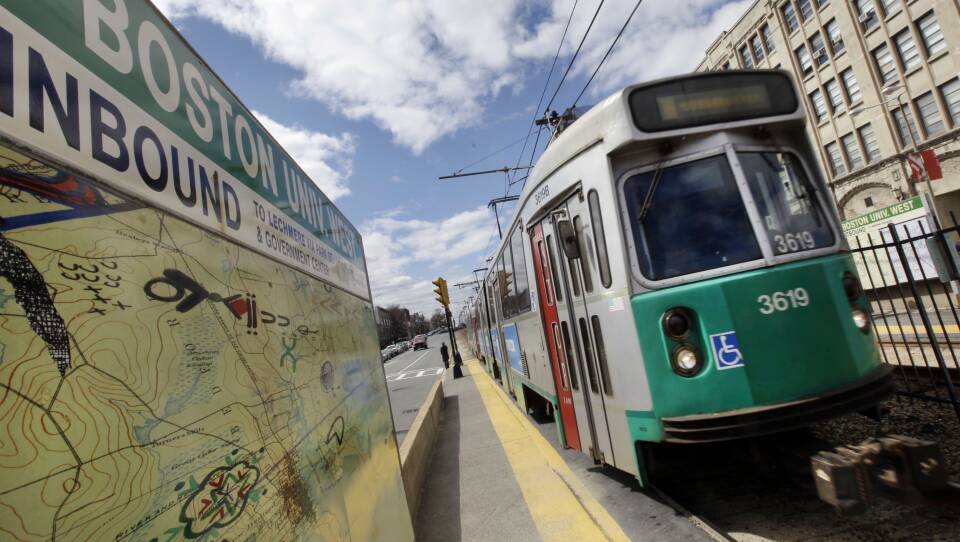The MBTA employee who managed to work over 2,500 hours of overtime in 2015 was approving his own overtime requests, an audit of the T's overtime process shows, according to officials.
An internal MassDOT audit showed that the MBTA track maintenance worker who earned $315,000 was in the habit of regularly signing off on his own paperwork.
That worker wasn't alone in bending the rules of the overtime system. The T is now exploring new protocols for proper overtime approval to cut down on unauthorized hours.
But none of the excessive overtime broke the law, according to MassDOT Director of Audit Operations Jim Logan.
"I would say that a little bit of abuse of overtime here and there but not anything illegal, you know, people doing anything, you know, that would be fraudulent," Logan said.
Of the top overtime earners, nearly all worked in engineering and maintenance positions, the report showed.
Many of the additional hours came during last winter's chaotic storms. The audit found that many workers get the overtime slots because of vacancies in positions that have to worked. In other words: by not being fully staffed, opportunities for overtime arise because certain jobs can not go undone -- especially in an emergency.
The audit is one part of the MBTA's renewed effort to get a hold of it's own fiscal management. MBTA managers say the agency is making a dent in lowering the cost of operating the T and is saving a bit more money than expected.
MBTA Chief Administrator Brian Shortsleeve told the agency's Fiscal and Management Control Board at a meeting Monday that the T will save about $75 million in this year's operating budget. The savings could end up helping to scratch the surface of the T's massive backlog of deferred maintenance and capital projects.
"When you have a backlog the size that we do... there is no surplus. Every dollar that we have is a dollar we have to invest into capital," Shortsleeve told reporters before the meeting.
And that backlog is enormous - currently around $7.3 billion.
Even with the cost savings, the MBTA board is still set to vote on March 7 on possibly raising fares another ten percent.





